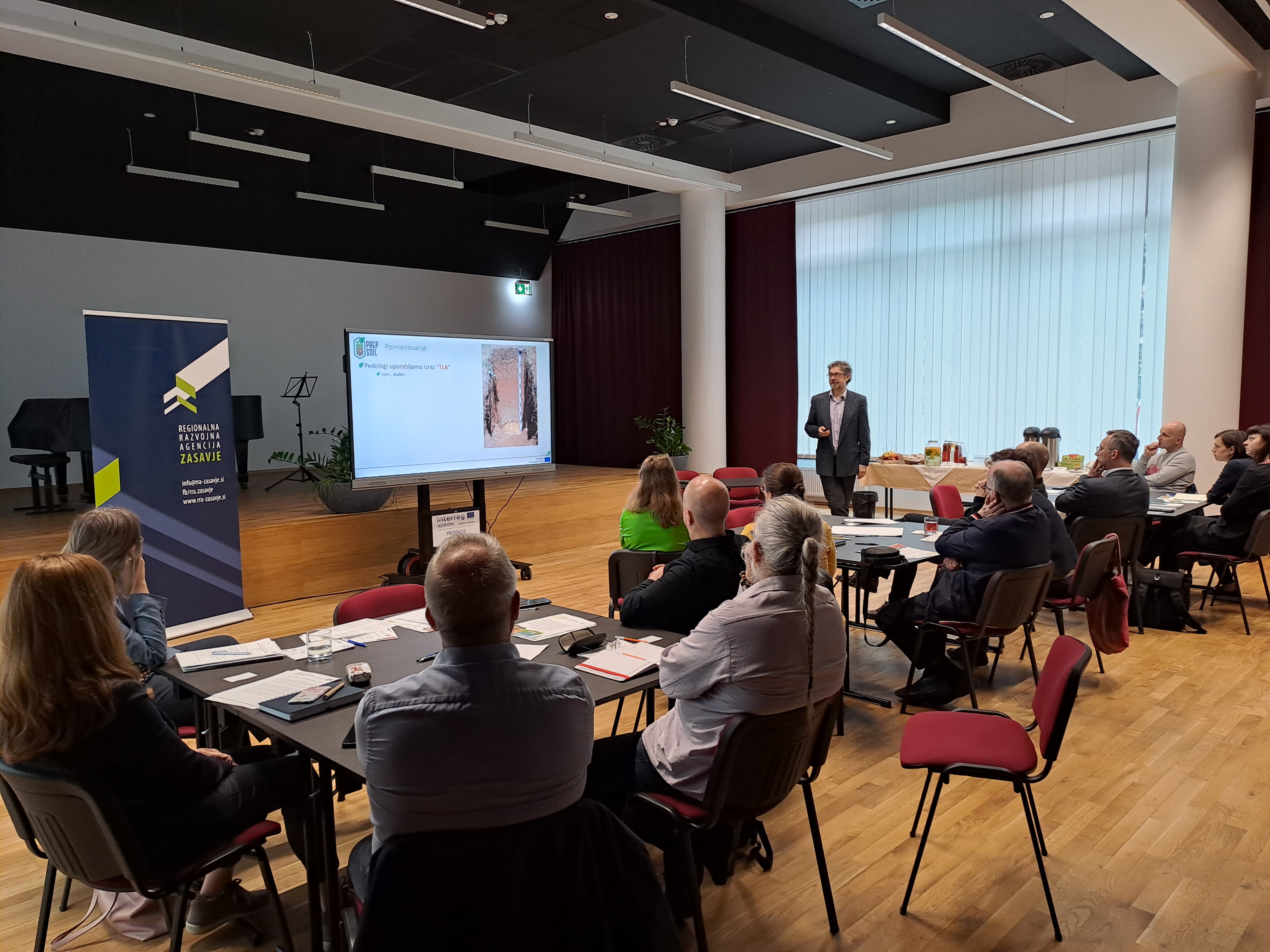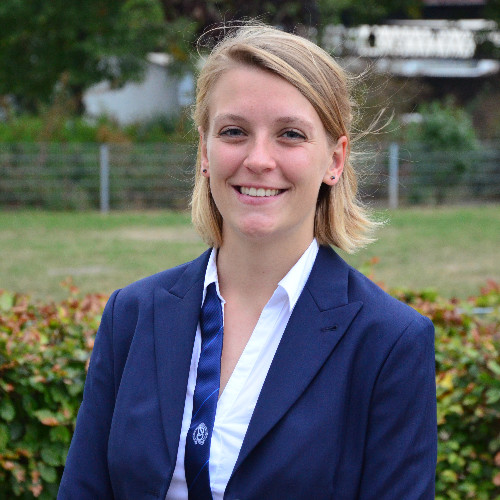Blogpost: PREPSOIL Post mining Soil Needs Workshop – Zagorje ob Savi (Slovenia)

We are delighted to share an update on the workshop that took place on Wednesday, May 17th. The workshop focused on soil management and the state of soils in Slovenia in general and in the Zasavje region in particular. It took place at Zasavje regional development agency and was attended by approximately 15 participants representing various organizations, including municipalities, public institutes, private actors, and companies. It was a productive and insightful event that brought together individuals with diverse knowledge and experiences in soil and its management.
During the workshop, special attention was given to the unique context of the Zasavje region as a post-industrial mining area. The historical mining activities in the region have left a significant impact on soil quality and land use. Participants acknowledged the specific challenges associated with soil management in a post-industrial setting, such as soil contamination and the need for remediation measures.
The workshop was divided into three main parts, each addressing crucial aspects related to soil and its management.
- Introduction and Discussion on Soil Status: The workshop commenced with an introduction to the project and Soil Mission, followed by a comprehensive presentation on the current state of soils in the SI and Zasavje region. This session set the stage for an engaging round of discussions, where participants shared their insights on the existing challenges and opportunities related to soil management in the region. Among those are the missing data and no continuous, standardized monitoring of the quality of the soil.
- Focus on Soil Management: The second part of the workshop shed light on national approaches to soil management, complemented by an overview of local practices. Valuable information obtained through interviews conducted before the workshop was also presented. This segment was followed by another round of discussions, aimed at identifying potential projects, measures, and collaborations to enhance soil management practices.
- Conclusion and Next Steps: In the final part of the workshop, each group presented the outcomes of their discussions, highlighting key insights and proposed "next steps" to advance soil management in the region. As such we can mention the establishment of the monitoring, exchange of good practices on soil management, more sustainable management of degraded areas, and raising of awareness on the topic. Importantly, the workshop also aimed to identify a potential "living lab" institution, leveraging an existing soil analysis lab in the region.
The regional profile, which aims to provide a comprehensive overview of soil-related aspects in the region, is scheduled to be finalized by the end of May. The draft version will be shared with the relevant stakeholders for their input and feedback.
Overall, the workshop served as a platform for raising awareness about the post-industrial nature of the Zasavje region and fostering dialogue on implementing effective soil management practices in the context of a mining-affected area. The discussions and outcomes of the workshop will help guide future initiatives and collaborations aimed at revitalizing the region's soil resources and promoting sustainable development.
Conclusion: The workshop on soil management was a resounding success, bringing together a diverse group of stakeholders to discuss the current state and future potential of soil management in the SI and Zasavje region. The collaborative atmosphere and insightful discussions have laid the foundation for meaningful progress in this topic in the selected geographical area. With the upcoming steps, including the dissemination of workshop outcomes and finalization of the regional profile, we are committed to enabling positive change in sustainable soil management practices in the region.

